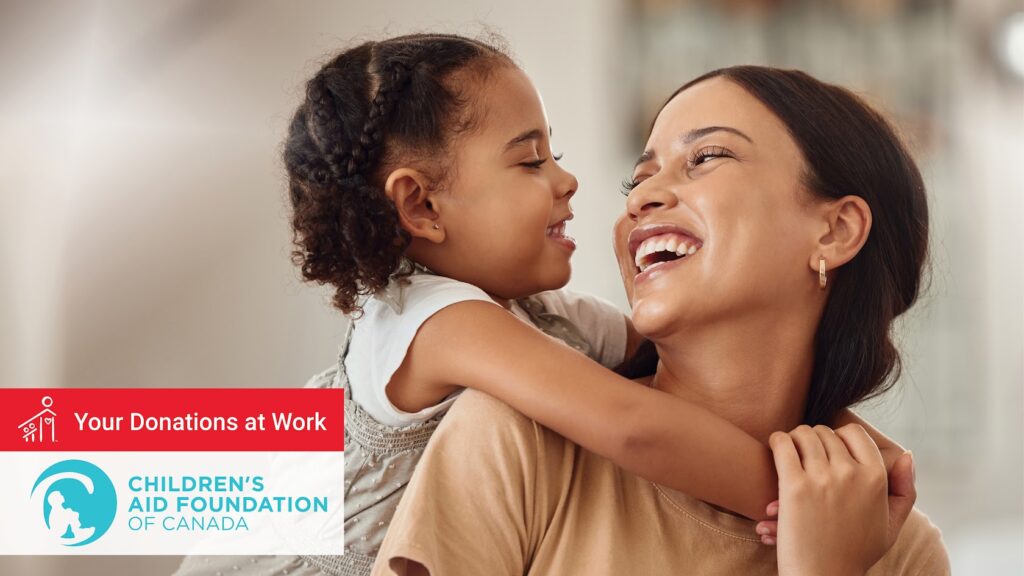
Royal LePage® professionals understand that a house is only a home if the people who live there feel safe. That’s why, more than 25 years ago, we unanimously agreed that helping women and children find safety from intimate partner violence should be where we channeled our big hearts and charitable efforts. In addition to granting millions of dollars to shelters and transition houses in communities across Canada, the Royal LePage® Shelter Foundation™ also funds organizations helping to mitigate and prevent intimate partner violence, as well as those addressing emerging needs in the Violence Against Women sector. This series shares how your donations are being put to work in support of these vital priorities.
Building Brighter Futures through ‘Mothers in Mind’
The Royal LePage Shelter Foundation is proud to announce a $50,000 grant to the Children’s Aid Foundation of Canada (CACF) in support of their innovative Mothers in Mind (MIM) program. MIM is a trauma-informed, evidence-based initiative designed to support mothers who have experienced intimate partner violence (IPV) while promoting the wellbeing of their young children.
In collaboration with experts in child welfare, child development, and family violence, MIM provides targeted parenting support that strengthens the bond between mothers and their children while helping them heal from trauma. The program is integrated within child protection agencies, where groups are co-facilitated by clinical and child protection staff, ensuring a seamless combination of expertise in children’s mental health and child welfare services.
Through this partnership, the Royal LePage Shelter Foundation is helping expand MIM’s reach, offering culturally responsive services for 19 MIM groups, benefiting families in both Indigenous and non-Indigenous communities across Ontario and Manitoba. With 136 mothers already referred to the program since 2022, it is expected that by December 2025, an additional 174 women will begin receiving these life-changing services.
Exploring the Need
Intimate partner violence (IPV) continues to be a major issue in Canada, with serious consequences for both women and children. The impact of IPV often increases the likelihood that children will become involved in the child welfare system, affecting their development and long-term well-being.
- 100 Municipalities in Ontario have declared IPV an epidemic
- 50% of child welfare investigations in Ontario are IPV related
- 40% of Canadian women have experienced IPV over the last decade
Children exposed to IPV are:
- More likely to experience developmental delays4
- At higher risk for learning disabilities, behavioral issues, and mental health challenges4
- More vulnerable to homelessness, poverty, and future involvement in violence, either as victims or perpetrators
Given these challenges, MIM offers an approach with the potential to transform the well-being and resilience of mothers and children affected by IPV.
Exploring program benefits
- Quality one-on-one time. On a weekly basis, MIM provides children under four with an opportunity for connection and play with their mothers alongside other children close in age.
- Stronger attachments. Over the course of the program, mothers and children build vital bonds and warmer, more patient responses to each other and themselves.
- Improved confidence. Mothers gain valuable parenting experience and take away strategies and tools they can continue to use well after the program ends.
- Community and connection. Through the group-based approach, mothers feel less alone as they connect meaningfully with other women, many of whom have similar histories and life experiences.
“This investment is far more than just financial,” said Lisa Gibbs, executive director, Royal LePage Shelter Foundation. “We are deeply aligned with the CACF mission to break the cycle of family trauma and strengthen the vital bonds between mothers who have experienced IPV and their young children.”
“At CACF, We firmly believe that every child deserves a safe and nurturing environment in which they can grow, heal, and thrive,” said Elaine Gaito, senior manager, corporate partnerships at CACF. “Thanks to the Royal LePage Shelter Foundation’s generosity, MIM is turning this belief into reality for mothers and children affected by intimate partner violence. Now in its third year, this collaborative model is continuing to empower families, equipping them with the tools, support, and community they need to rebuild their lives.”
Visit rlp.ca/donate to make a donation in support of the Royal LePage Shelter Foundation.
To learn more about Children’s Aid Foundation of Canada, visit https://cafdn.org/.
[1] Ontario Network for VAW Coordinating Committees (ON-VAWCC). (2025). The epidemic of GBV-IPV. https://www.buildingabiggerwave.org/actions/gbv-epidemic
[1] Black, T., Fallon, B., Brown, H., Innes, S., & William, K. (2024). Twenty-five years of child welfare data in Ontario, Canada: Examining the response of child welfare to reports of children’s exposure to intimate partner violence (IPV). Child abuse & neglect, 147, 106567. https://doi.org/10.1016/j.chiabu.2023.106567
[1] Cotter, A. (2021). Intimate partner violence in Canada, 2018: An overview. Juristat, 41(1). https://www150.statcan.gc.ca/n1/pub/85-002-x/2021001/article/00003-eng.htm[1] Forke, C. M., Myers, R. K., Fein, J. A., Catallozzi, M., Localio, A. R., Wiebe, D. J., & Grisso, J. A. (2018). Witnessing intimate partner violence as a child: How boys and girls model their parents’ behaviors in adolescence. Child abuse & neglect, 84, 241–252. https://doi.org/10.1016/j.chiabu.2018.07.031




